A Twentieth Century Crusade: The Vatican’s Battle to Remake Christian Europe
Conventional wisdom states that the Vatican was a bit player in twentieth-century European and world history. In A Twentieth-Century Crusade: The Vatican’s Battle to Remake Christian Europe (Harvard University Press, 2019), Giuliana Chamedes shows that it was anything but: in order to explain both the rise of fascism and Christian Democracy, it is imperative to bring the Vatican from the margins to the center of the story of the past century. She explores how World War I led the central government of the Catholic Church to craft its own variety of internationalism, intended to rival both liberal and communist internationalism. From 1918 up through the mid 1960s, the Vatican’s Catholic International made novel use of international law, public diplomacy, and media like radio and film to deepen the ties between Church and State and weaken perceived ideological and geopolitical rivals. Drawing on new archival research conducted in eight countries, Chamedes shows how the Vatican’s internationalist activities decisively shaped European reconstruction after both World War I and World War II, and led to the birth of a transnational anticommunist campaign decades before the official start of the Cold War. This paradigm-shifting history--which is novel in its transnational scope and its methodology--forces us to rethink the relationship between religion and politics both in the past and the present.
Giuliana Chamedes is Mellon-Morgridge Professor of European International History at the University of Wisconsin, Madison. She completed an MPhil in European History at the University of Cambridge and a Ph.D. at Columbia University. Her first book, A Twentieth-Century Crusade: The Vatican’s Battle to Remake Christian Europe, came out with Harvard University Press in 2019, and won the Michael Hunt Prize in International History (2020) as well as the Marraro Prize (2019). Her work has been published in the Journal of Contemporary History, Contemporary European History, French Politics, Culture, and Society, and in numerous edited volumes. She has received support for her research from the American Council of Learned Societies, the Mellon Foundation, and the DAAD, among others. She is currently drafting her second book, tentatively titled Failed Globalists: European Socialists, Decolonization, and the Decline of State Welfarism, 1973-2008.
The Washington History Seminar is co-chaired by Eric Arnesen (George Washington University and the National History Center) and Christian Ostermann (Woodrow Wilson Center) and is organized jointly by the National History Center of the American Historical Association and the Woodrow Wilson Center's History and Public Policy Program. It meets weekly during the academic year. The seminar thanks its anonymous individual donors and institutional partners (the George Washington University History Department and the Lepage Center for History in the Public Interest) for their continued support.
Speaker
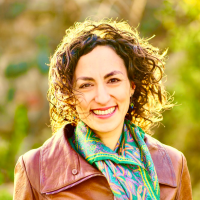
Moderators

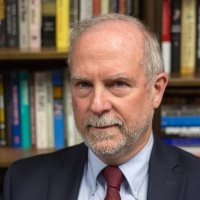
Professor of History, The George Washington University. Director, National History Center of the American Historical Association.
Panelists
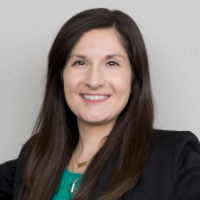
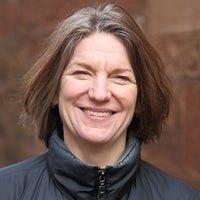
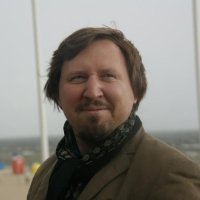
Associate Professor, Department of History, University of Maryland, College Park
Hosted By

History and Public Policy Program
A leader in making key foreign policy records accessible and fostering informed scholarship, analysis, and discussion on international affairs, past and present. Read more
